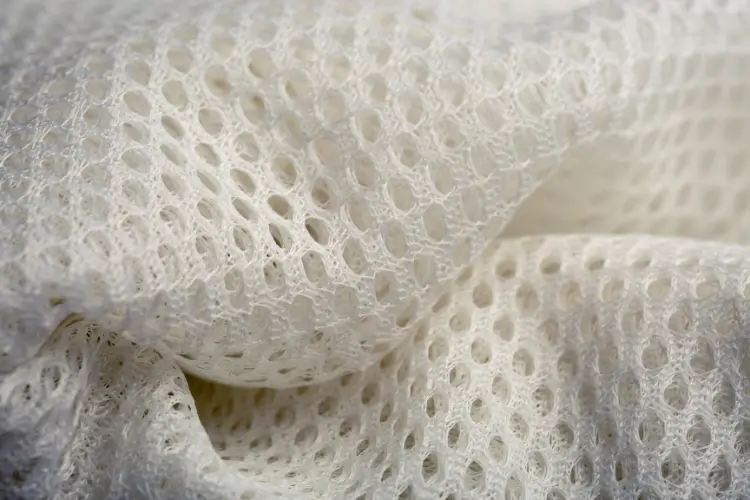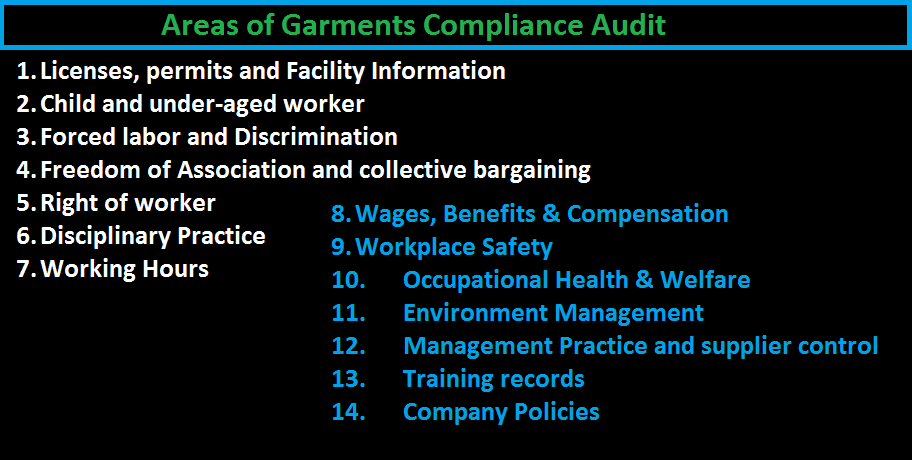What is the quality of the yarn?
The quality of the yarn is also important. The yarn should be soft and durable, as well as easy to maintain and care for. It should also be easy to wash, iron, and dry.
When shopping for home knitted garments, it’s crucial to consider the common fabric types and ensure the presence of appropriate abrasion resistance and pilling degree in the fabrics, which can be tested using a Martindale abrasion machine.

Is it organic or natural?
Organic cotton is better for the environment, farmers, and their families and animals. Organic cotton is grown without the use of pesticides or chemical fertilizers, so they don’t contaminate our water supplies. They also don’t harm soil structure or pollute air quality.
Organic cotton has a much lower carbon footprint than conventional cotton because it doesn’t require large amounts of energy to produce it (e.g., irrigating fields). Cotton is summer summer-friendly material and can be used to make sarees, tops, shirts, trousers, etc.
Is it made in a sweatshop-free environment?
You should always look for a fair trade label. Fair trade means that the garment was made in a sweatshop-free environment, and you can find out more about the factory at the Fair Trade Federation website. You can also look for a label that says “Made in the USA,” which indicates that it was crafted by American workers who are paid living wages and work under safe conditions.
Is it designed to last?
People love to buy handmade footwear or handmade garments. The first thing to look for when buying home-knitted garments is the quality of the yarn and fabric. High-quality yarns are more durable and will last longer than low-quality ones. Look for garments made from natural fibers like wool or cotton instead of synthetic ones such as polyester and acrylics which aren’t as strong or warm.
Next, check out how well-sewn the garment is; you want stitches that won’t come undone easily! If there’s any loose thread hanging around (or even if it looks like it might happen), pass on this piece because it won’t last very long in your closet before falling apart completely – leaving you with nothing but an expensive pile of scraps on your hands!
You should also make sure that your new knitwear can be tumble dried after washing it; this helps reduce shrinking while maintaining shape over time so there’s no need for ironing every time they hit the laundry hamper again!
Do they care about their customers?
If you want to know if a seller cares about their customers, check the website for customer reviews. If there are no reviews, check the seller’s social media accounts. Look at their return policy and see how they respond to customers who have complaints or negative feedback on their products.
Fine-Gauge Yarn
If you’re looking for a durable garment that will last, look for fine-gauge yarns. Fine gauge yarns are more expensive than their bulkier counterparts and require more time to make, but these factors also mean they’re going to last longer.
Fine gauge knits are also more comfortable than other types of home-knitted garments because they don’t pull or stretch as much when you wear them. They also tend not to be as bulky as other styles so they can be layered easily under jackets or coats without adding extra bulk.
The Weight of the Yarn
The weight of the yarn is an important factor for durability. Wool is a natural fiber that can be used for home-knitted garments, and it’s durable. Yarn made from wool and nylon will be more durable than cotton or acrylic yarns. You’ll want to look for a weight that feels comfortable on your hands as well as provides warmth without being too heavy.
Stitches
- Look for stitches that are evenly spaced.
- Look for stitches that are not too loose or too tight.
- Look for stitches that are not too big, small, or far apart from each other.
Garments made with wool and nylon yarns will be more durable
Wool is a natural fiber that’s durable, breathable, and comfortable to wear. It can be worn in a variety of temperatures and is an excellent insulator. Wool garments made with wool and nylon yarns will be more durable than those made with acrylic or polyester fibers.
A good place to start when choosing a wool sweater is by looking at the fabric content label on the inside of your garment’s collar tag. If it says “100% virgin wool,” this means that all of the material used in making the sweater was derived from sheep’s wool–it hasn’t been blended with any other fabrics like cotton or polyester (which would reduce its durability).
The Fabric Type
When it comes to fabric type, there are three main types: wool, nylon, and cotton. Wool is a natural fiber that is warm and comfortable but can shrink over time if you wash it too much. Nylon is a synthetic fiber that’s strong and durable but not very breathable (which makes it great for outerwear). Cotton is another natural option that’s comfortable and breathable–but if you have sensitive skin like me then you might want to steer clear since it tends to retain heat more than other options do!
Rayon can be used as an alternative for both wool or cotton; however, I don’t recommend using rayon because it tends not only to absorb moisture but also repel water so much so that some people even claim they felt like they were wearing plastic when wearing clothes made out of this material!
Buy clothes that are not only comfortable and easy to maintain, but also durable from tumble dryers and irons.
When buying home-knitted garments, it is important to consider the durability of your clothes. The more durable a garment is, the less likely it will pill or shrink in the wash. Buying clothes made with wool and nylon yarns will be more durable than those made with cotton yarns because wool has natural oils that protect against moisture and heat damage. Wool also resists pilling better than other fibers because its fibers are tightly woven together which makes it harder for loose fibers to catch on each other when rubbed against another object such as an ironing board cover or pillowcase.
Washable wool sweaters should always be washed by hand using cold water temperatures (and never dried by machine). If possible, purchase a sweater that has been prewashed so there won’t be any surprises when you first wash yours at home!
You can feel good about wearing home-knitted garments.
When it comes to buying home-knitted garments, there are many things to consider. You can feel good about wearing them because they are made with natural materials and organic dyes in sweatshop-free environments. They also last longer than mass-produced clothes and support local artisans who create these unique items.



